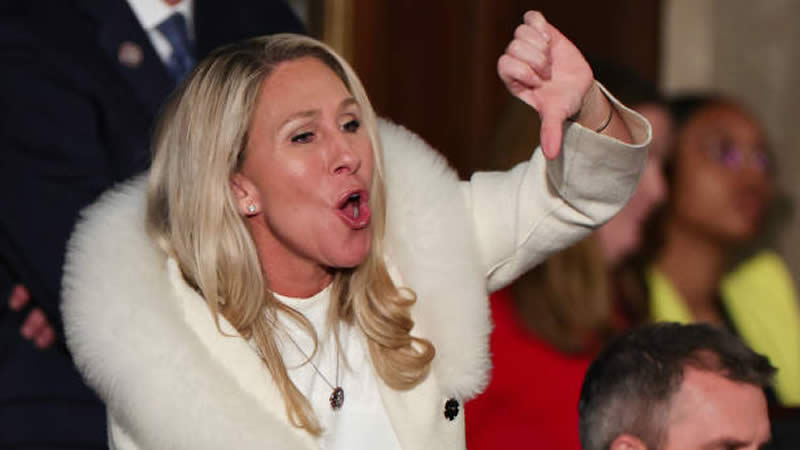Judge Cannon’s Consideration of Trump’s Document Retention Claim Sparks Legal Concerns

(ASSOCIATED PRESS)
Judge Aileen Cannon is set to consider former President Donald Trump’s claim that he had the right to retain any presidential documents he chose, a stance that has raised concerns among legal experts. This argument forms the basis of the defense in the Mar-a-Lago case, where Trump’s legal team contends that the Presidential Records Act granted him the discretion to determine which records could be removed from the White House.
Legal analyst Lisa Rubin, speaking on MSNBC’s “Morning Joe,” expressed worry about the implications of the hearing itself. She highlighted that Cannon’s decision to entertain such a hearing is troubling, especially given the backdrop of criticism she has faced for past rulings perceived as favorable to Trump.
“The Presidential Records Act doesn’t support the interpretation and almost the perversion that Donald Trump is trying to give to it,” Rubin said. “That the Presidential Records Act would hold that any number of the things Donald Trump took with him are inherently presidential and should have gone to the National Archives. There was a process to follow.
The people in the White House surrounding Donald Trump were well aware of the process and in communication with the National Archives before he left the White House, let alone after it was brought to his attention, we’re missing stuff – the Kim Jong Un letter, the letter Barack Obama left for [him]. That kicked off a cat-and-mouse game with the National Archives, then the FBI was chasing after Trump to collect all the things he took. As you well know, he was not honest with them at any step of the process. He deluded his own lawyers by having the boxes moved in this bizarre three-card monte he was playing with his legal team. I don’t think it’ll hold up.”
“In terms of the unconstitutional vagueness of the statute here, he is talking about the willful retention of national defense documents,” Rubin added. “He says, among other things, that the phrase national defense is unconstitutionally vague. He says that the unauthorized retention is another aspect of what is unconstitutionally vague here. We know this has been used to prosecute lesser-stature people.
Rubin pointed out that Trump seems to be employing a strategy of delaying his criminal prosecutions with the hope that a potential second term as president would allow him to quash these cases. The situation grew more alarming when Rubin noted that Judge Cannon had previously conducted a hearing to discuss the timing of the trial yet had not established a trial date.
With Cannon now considering arguments on two motions to dismiss the case, Rubin speculated that the judge might be looking for a way to dismiss the case altogether without proceeding to trial. This possibility is particularly concerning given the serious nature of the charges and the supporting evidence, underscoring the significant legal and political implications at play in this high-profile case.


